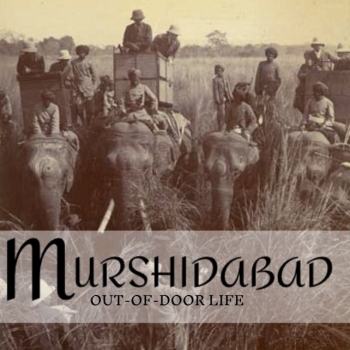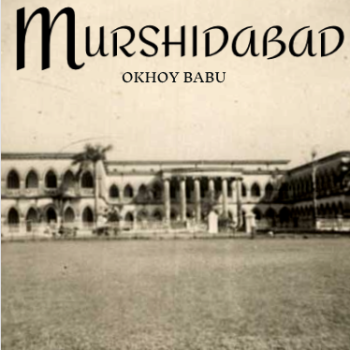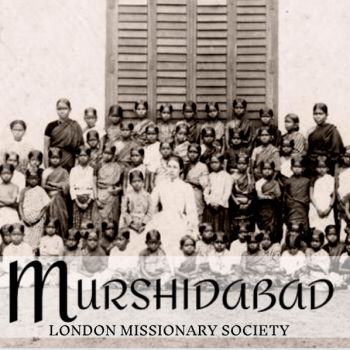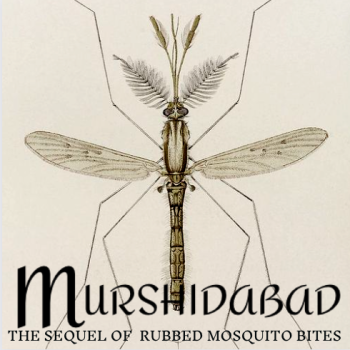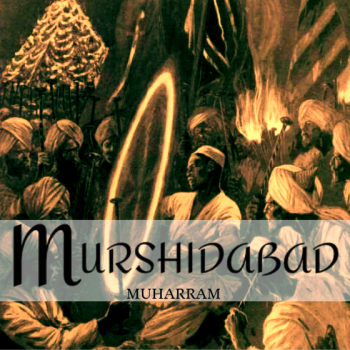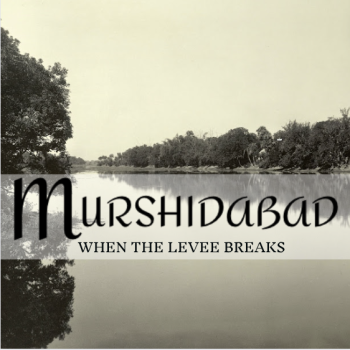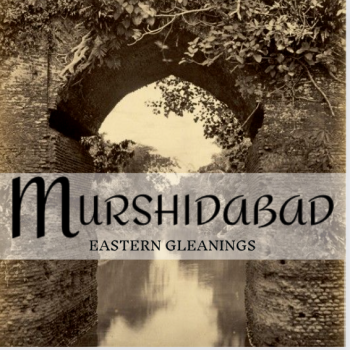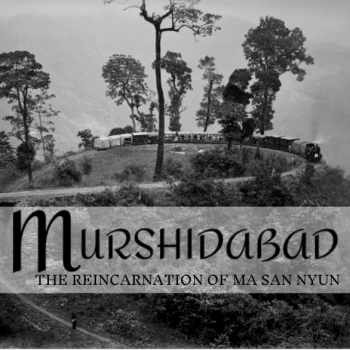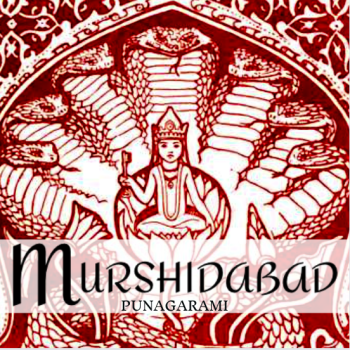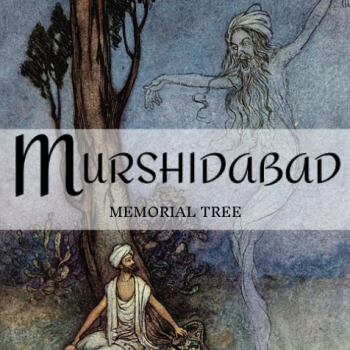OUT-OF-DOOR-LIFE During the colder months (November-March) many Government officials were required to travel about their districts on inspection tours in the execution of their ordinary responsibilities. In Herbert Compton’s Indian Life In Town And Country, he states: Out-of-door life in India may be divided into three categories. First of all there is the life known as “going into camp,” or “on tour” which many Government officials are obliged to follow during the cold weather in the execution of... Read more


